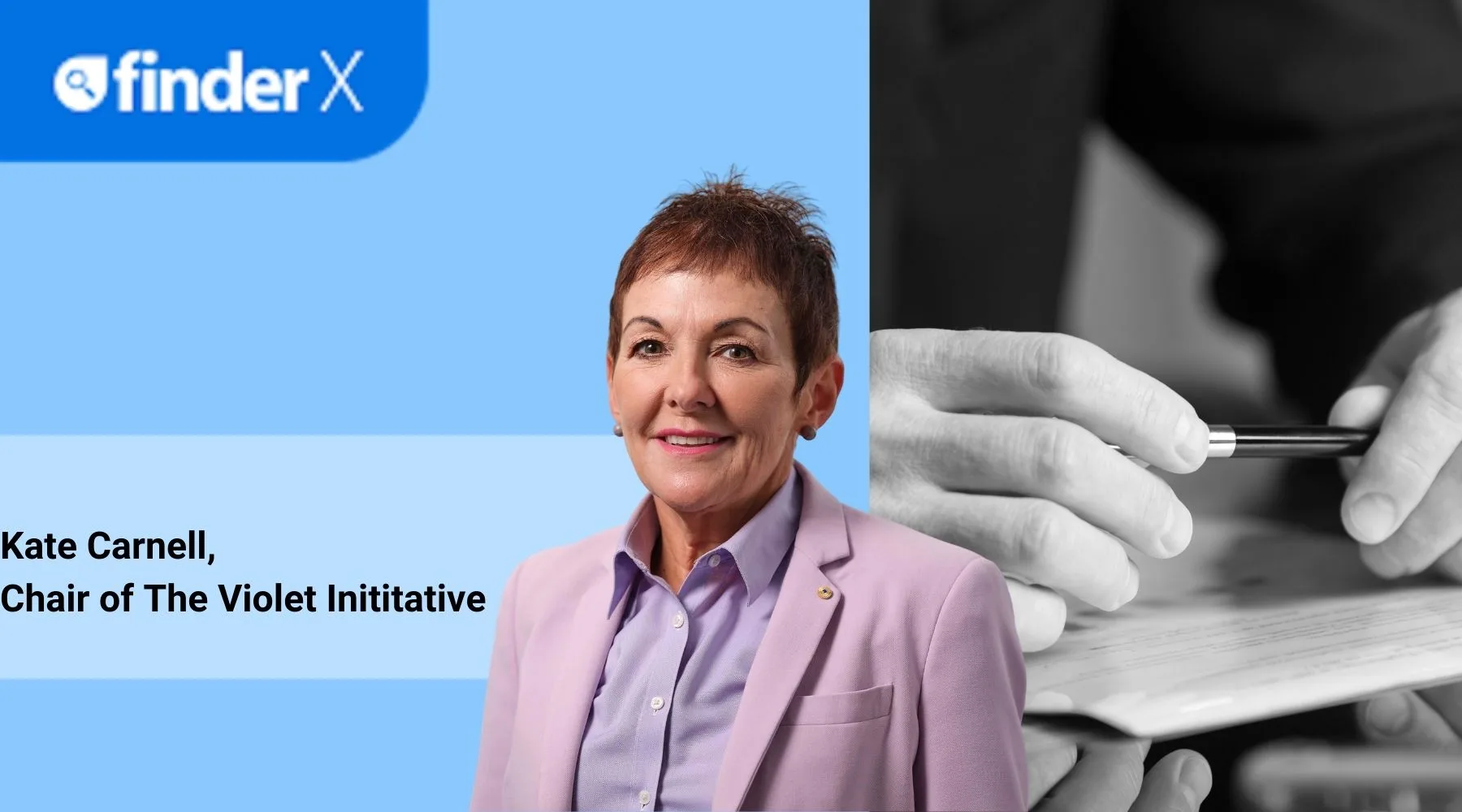Why we need to talk about death and dying

These conversations can help us make the most of the time ahead, so why is it still such an uncomfortable subject?
We're all going to die one day, so bringing up the subject of death shouldn't be a taboo, especially today.
As chair of The Violet Initiative and deputy chair of Beyond Blue, I've come to see the parallels in how we once talked about mental health and how we talk about death and dying now.
For a long time, we were comfortable discussing physical conditions like cardiovascular disease and diabetes, but mental health was a taboo subject. And while we haven't gotten there yet, we've come a long way towards destigmatising mental health discussions.
The aim behind Violet is we need to do the same for the last stage of life and the grief and potential fall out that accompanies it.
Most of us want to share our end-of-life experience with our loved ones. We want honest and open discussions about both the medical and emotional sides of death. And whether we realise it or not, those conversations help us make the most of the time ahead.
1. Communication can help us recognise that death is a natural part of being human.
Talking about death and dying reminds us that it's normal. Of course, it's not easy, but take it step by step. Remember, this isn't about having just one discussion – end-of-life preferences evolve over time and our communication needs to evolve as well.
Start somewhere safe and start as early as possible, with open questions like, "is there anything you want to know, or want us to know, as you get older, or your health deteriorates?" Or, "are there things on your mind you'd like to talk about?".
Once you've had a few discussions you can move onto complex questions like, "What are the things that are most important to you?" or "Who would you like to make decisions for you, if you aren't able to make them for yourself?"
2. Regular conversations can help you and your loved one uncover what matters most.
Discussions like these aren't just about death, they're also about life, about respect for each other and about identifying what's most important.
The priorities of the person dying will inform the goals of their care, and your support.
Whatever their choices are, it will require a planned approach. This planned approach can help inform conversations too because without that intention, these discussions don't tend to happen.
3. Talking openly helps everyone acknowledge that while this isn't easy, it can be better and more peaceful.
Death and dying can be scary for everyone involved. By ignoring it, you don't make it go away, all you do is increase the risk of regrets.
Things are left unsaid, and not just things about end-of-life goals, but also personal, financial and practical things.
This time can be one of reflection, reminiscence and intimacy if you are able to open up a dialogue at a pace that is safe for everyone.
4. Communication will make you aware of your own needs so you can access the right support.
Conversations between you and your loved one in the final stage of life are important, but not the only conversations that should happen.
As a friend or family member, support person or primary caregiver you will have questions and needs too.
Tending to these needs will help you maintain the energy and strength you need to accompany someone through the last stage of life.
Violet Guides can provide one-to-one information and support. They all have practical, real life experience complemented by rigorous training so they provide targeted help.
You can also go to Violet's website where you'll find resources to help you prepare for having a conversation that might seem difficult.
Communication is not only essential for planning and preparation, but it can also take you from a place of fear and helplessness to a place of empowerment and resilience.
But most importantly, talking with your loved one will help you make the most of your time together, when time is the most precious thing there is.
Kate Carnell (AO) is currently chair of The Violet Initiative, deputy chair of Beyond Blue and a director of Mable. She served as the ACT Chief Minister from 1995 to 2000, with other past roles including Australian Small Business and Family Enterprise Ombudsman, CEO of the Australian Chamber of Commerce and Industry (ACCI), CEO at Beyond Blue, CEO of the Australian Food and Grocery Council and CEO of Australian General Practice Network. Ms Carnell was also appointed an Officer of the Order of Australia in 2006 for her services to the community.
Ask a question
